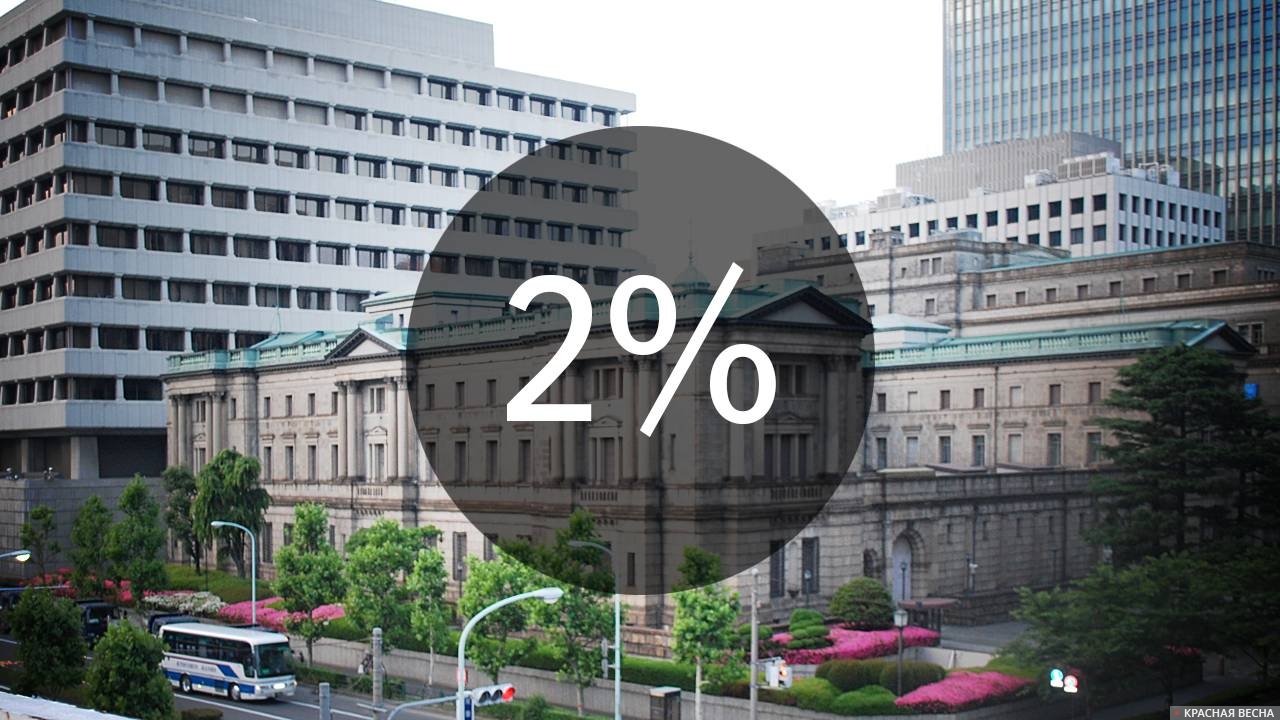
Japan’s core inflation rate exceeded forecasts in January, bolstering arguments that the Bank of Japan will continue to move toward ending its negative interest rate policy, The Japan Times reported on February 27.
Consumer prices, excluding fresh produce, rose 2% from a year earlier, beating the consensus forecast of 1.9% and in line with the Bank of Japan’s 2% inflation target. The yen strengthened less than 0.1% after the data.
Better-than-expected inflation data will support market speculation that the Bank of Japan is moving toward its first interest rate hike since 2007, with most BOJ watchers expecting that to happen in April.
“Today’s data supports BOJ normalization in the coming months.said Koya Miyamae, senior economist at SMBC Nikko Securities. — The bank is getting closer to its goal. “It was good for the bank that inflation did not exceed 2%.”.
Foreign travel was a key driver of the rise in the consumer price index in January. These costs increased by 63%. “It has grown considerably after not growing for the last three years.”Miyamae said.
The bank’s governor, Kazuo Ueda, has expressed confidence in the prospects of keeping inflation above 2% and said last week that he hopes “The virtuous economic cycle, in which inflation gradually rises as wages and employment rise, will be strengthened.”.
Inflation figures are expected to recover in February as the impact of government price-cutting measures weakens compared to last year. The average estimate of twenty-five economists surveyed by Bloomberg is that core inflation, excluding fresh food, will be 2.4% in the first and second quarters of 2024. The base rate is likely to exceed 2.5% in February, Miyamae said.
“The Bank of Japan, which has stepped up its communications in preparation for an exit from negative rates, is likely to welcome the news.”said Bloomberg economist Taro Kimura.
It was the 22nd consecutive month that inflation met or exceeded the Bank of Japan’s target. A measure of inflation that excludes fresh food and energy prices, a key indicator of underlying price trends, also beat consensus, up 3.5%. Economists had predicted it would grow 3.3%. Growth in the services sector slowed to 2.2%.
“This maintains market expectations that the Bank of Japan will tighten policy as early as March.”said Hiroaki Muto, economist at Sumitomo Life Insurance.
However, current economic fundamentals require that the Bank of Japan be carefully informed if it decides to start raising interest rates.
The economy fell into a technical recession late last year as consumers and businesses cut spending. Wage growth lagged inflation, putting pressure on household budgets. This partly explains why support for Prime Minister Fumio Kishida has declined.
The yen, trading near multi-year lows against the dollar, could also reignite import-driven inflation and further hurt consumption.
Currency weakness helped Japanese stocks hit record highs thanks to strong demand from foreign investors, but did little to improve confidence in Japan. Japanese people tend to be less active when it comes to investing in stocks than citizens of other developed countries.
A report on Tuesday showed that electricity and gas prices fell more than 20% in January from a year earlier. Government subsidies for electricity and gas reduced headline inflation by 0.48 percentage points. Processed food prices, a key driver of inflation, rose 5.9%, up from 6.2% in December. Home prices rose 27%, up from 59%.
Source: Rossa Primavera
I am Michael Melvin, an experienced news writer with a passion for uncovering stories and bringing them to the public. I have been working in the news industry for over five years now, and my work has been published on multiple websites. As an author at 24 News Reporters, I cover world section of current events stories that are both informative and captivating to read.
